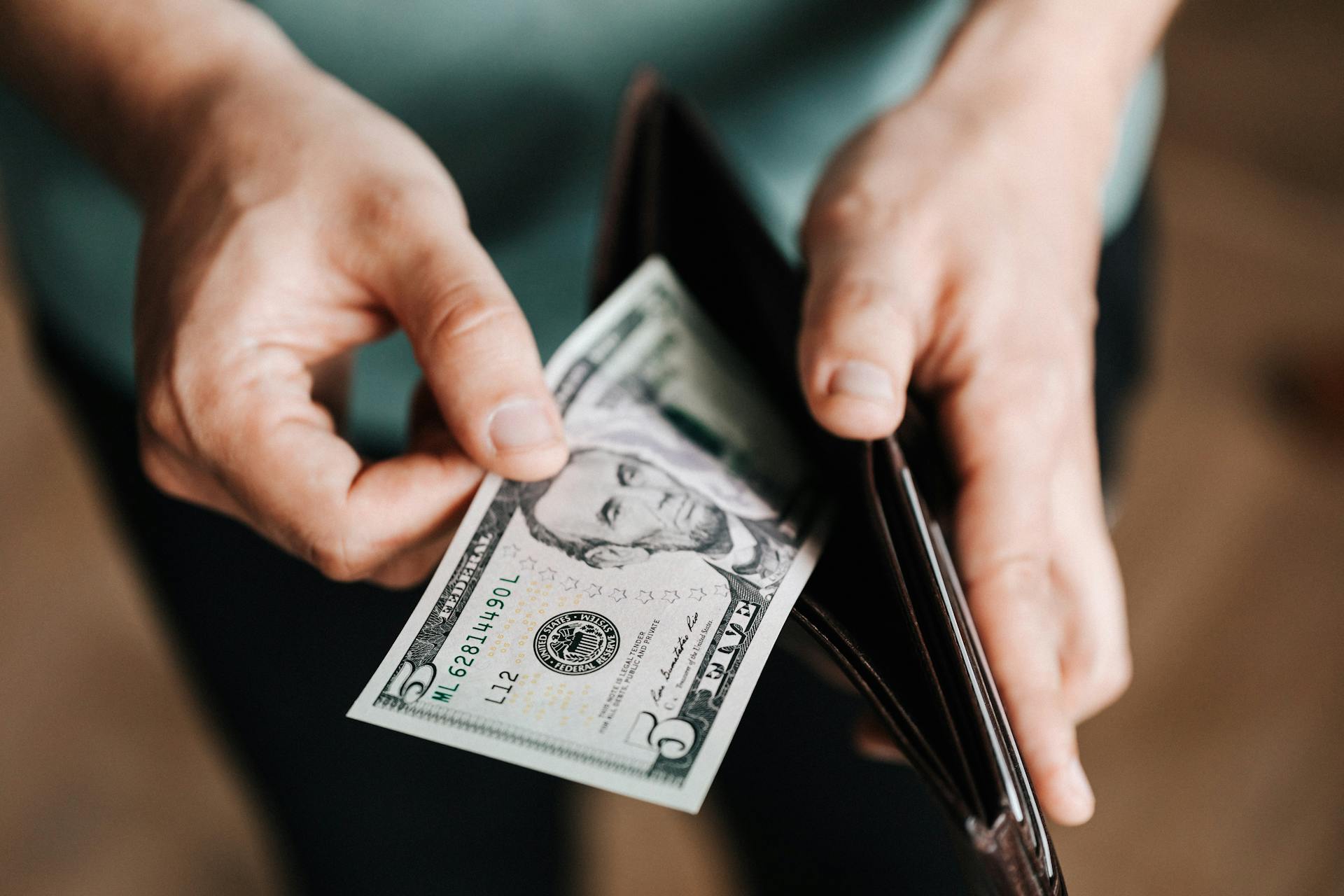Managing your finances doesn’t always require dramatic changes. In fact, small adjustments to your daily habits can lead to significant savings over time. By focusing on areas of your spending that often go unnoticed, you can make a big difference without feeling overwhelmed. The key is consistency, mindfulness, and taking small steps that align with your financial goals.
Tracking Your Spending: A Simple First Step
Before making any changes, it’s important to understand where your money is going. Tracking your spending is a straightforward first step that can offer valuable insights into your financial habits. By recording your expenses, you can identify patterns and areas where you might be overspending.
There are various ways to track your spending. You can use a simple spreadsheet, pen and paper, or take advantage of digital tools that help you categorize your transactions. The goal is to recognize where you’re spending unnecessarily. Whether it’s a daily coffee or those subscription services you’ve forgotten about, being mindful of your spending is the foundation for change.
Cutting Unnecessary Subscriptions
Many people overlook subscriptions until they realize how much they’re spending. These recurring payments can quickly add up, especially when you subscribe to multiple streaming services, magazines, or software tools you rarely use.
Start by reviewing your subscriptions carefully. Make it a habit to check your bank statements regularly for any automatic charges, including premium software plans that may no longer be necessary. For example, if you no longer rely on certain creative tools, taking the time to cancel Adobe subscription plans you don’t actively use can immediately reduce unnecessary expenses. Once you identify subscriptions you no longer need, cancel them promptly. In some cases, you may also find cheaper alternatives that provide similar services. Cutting back on these small recurring expenses can free up a significant amount of money over time.
Automating Savings: Make It Effortless
One of the easiest ways to save money is by automating your savings. This requires minimal effort once set up but can have a lasting impact. By scheduling automatic transfers to your savings account, you ensure that you’re saving before you even have the chance to spend.
Automating savings removes the temptation to spend the money elsewhere. Whether it’s saving for emergencies, a vacation, or retirement, automating this process helps you stay on track with your financial goals. The best part is that it’s consistent—no need to remember to make deposits every month.
Using Cash for Everyday Purchases
Switching to cash for certain purchases can be a game changer for your wallet. When you use cash, you’re more conscious of your spending because you physically see the money leaving your hands. This can help you stay within your budget and avoid impulse purchases.
For example, set a weekly cash allowance for things like groceries, dining out, or entertainment. Once the cash is gone, that’s it for the week. It’s a simple yet effective way to keep your spending in check. Plus, using cash instead of credit cards can prevent you from accumulating debt, allowing you to live within your means.
Debit Card: A Smarter Payment Option
If carrying cash doesn’t feel right for you, consider getting a debit card. Unlike credit cards, which can easily lead to overspending, debit cards only allow you to spend the money you actually have in your account. This can be a great way to manage your finances and avoid accumulating debt.
Using a debit card also helps you keep track of your spending in real-time. Most bank accounts offer online tools where you can quickly review your transactions, helping you stay on top of your budget. With a debit card, you can enjoy the convenience of plastic without the temptation to overspend.
Rethinking Your Dining Habits: Meal Prep and Home Cooking
Dining out frequently is one of the biggest drains on your wallet. Whether it’s grabbing lunch at a cafe or ordering takeout after a long day, these small expenses can add up quickly. Instead, try rethinking your dining habits.
Meal prepping is a great way to save money while ensuring that you always have a healthy meal on hand. By planning your meals ahead of time, you can buy ingredients in bulk, which can be significantly cheaper than buying individual meals. Cooking at home also gives you more control over portion sizes and helps you avoid the temptation of overpriced restaurant dishes.
Switching to Cheaper Brands
Another simple way to reduce your expenses is by switching to less expensive brands. Many people buy name-brand products without realizing that generic or store-brand versions are often just as good. From household items like cleaning supplies to pantry staples, cheaper alternatives can offer the same quality at a fraction of the cost.
Before making a purchase, compare prices between name-brand and generic options. If the generic brand is similar in quality, go for the cheaper option. Over time, this can lead to substantial savings without compromising on the things you need.
The Power of Buying in Bulk
Buying in bulk is a strategy that can save you a significant amount of money, especially when it comes to non-perishable items. Products like canned goods, pasta, toilet paper, and cleaning supplies often have lower per-unit prices when bought in larger quantities.
While bulk buying may seem like an upfront expense, it’s more economical in the long run. Just make sure that you have the storage space and that you won’t let anything go to waste. For products you use regularly, buying in bulk can significantly reduce your monthly costs.
Take Advantage of Loyalty Programs and Discounts
Loyalty programs and discounts are another great way to save money. Many retailers, from grocery stores to pharmacies, offer loyalty rewards that can add up quickly. By signing up for these programs, you can earn points or cashback for purchases you’re already making.
Don’t forget about special discounts, sales, and seasonal promotions. Many stores offer significant savings during holiday sales or clearance events. To maximize your savings, keep an eye out for these opportunities and plan your purchases accordingly.
Conclusion: Small Steps Lead to Big Results
Small changes in your daily habits can have a profound effect on your finances. Whether it’s tracking your spending, cutting back on subscriptions, or meal prepping, these small steps can help you save more and spend less. By making these adjustments consistently, you’ll be amazed at how much you can improve your financial situation over time.
Remember, the key to financial success is not making drastic changes overnight, but rather implementing small, sustainable habits that add up over time. Start with one or two changes today, and you’ll be on your way to a healthier wallet in no time.








